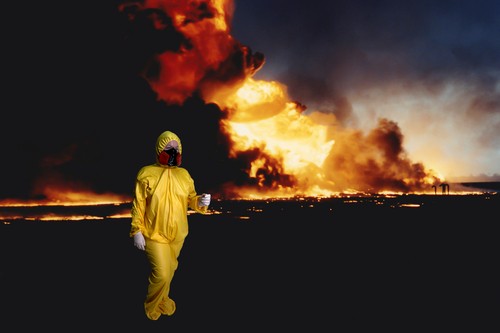Would you rather have a commercial building with a well-maintained fire sprinkler system or leave your business without protection from fire emergencies? A fire suppression system can minimize the damage to your company's property and assets due to fire. More importantly, it can save lives.
What is a fire sprinkler system?
The primary components of a building's fire sprinkler system are:
- A water source
- Pipes for distributing water
- Sprinkler heads installed in walls and ceilings
Fire sprinkler systems disperse water in the affected areas to control or extinguish a fire. We engineer these systems to cover the largest area possible where installed. Fire sprinklers are usually heat activated, releasing water and sounding an alarm when they sense an interior temperature beyond a certain threshold.
Why do fire sprinkler systems sometimes fail?
Countless multifamily residences and businesses rely on fire sprinkler systems to function correctly. Sometimes these systems fail, and it's important to know why.
The National Fire Protection Association (NFPA) found there are over 600 sprinkler system failures annually. The good news is that well-maintained fire sprinkler systems function as they should more than 95 percent of the time and are highly effective in suppressing most fires.
When fire sprinkler systems do fail, the typical causes include:
- Manual intervention
- Damaged sprinklers
- System controls
- Poor system design
- Lack of proper maintenance
You can easily avoid most of these issues by conducting regular inspections of your fire safety system. NFPA recommends conducting inspections on a monthly, quarterly, and annual basis.
Monthly Fire Sprinkler System Inspections
A monthly fire sprinkler system inspection should confirm the following:
- Appropriate valves are accessible, labeled correctly, and have no leaks.
- Wet gauges indicate correct water pressure and are in good operating condition.
- Dry gauges show standard water pressure and report the same pressure on both the quick-opening device and the dry pipe valve.
Quarterly Fire Sprinkler System Inspections
A quarterly fire sprinkler system inspection should include the following:
- Inspect the supervisory alarm and water flow alarm for physical damage.
- Verify accessibility for all fire department connections.
- Confirm all fire department connections have no leaks.
- Examine pressure-reducing valves, ensure they have no leaks, and maintain downstream pressure.
Annual Fire Sprinkler System Inspections
In addition to all of the items noted above, an annual fire sprinkler system inspection needs to include a professional inspection by a certified code-compliance inspector for tagging and documentation.
Every commercial property owner is responsible for adequately maintaining fire sprinkler systems for occupant safety and property protection.
Fire Protection Systems and Services from Frontier Fire
Since 1960, Frontier Fire has provided Colorado businesses and commercial properties with automatic sprinkler systems, smoke detectors, and fire extinguishers that we professionally install on your property. Frontier Fire provides Colorado businesses with reliable service, support, and expertise in fire protection systems and maintenance.
Call Frontier Fire today at 303-629-0221 or contact us online to schedule an appointment with a professional fire sprinkler systems installer.

